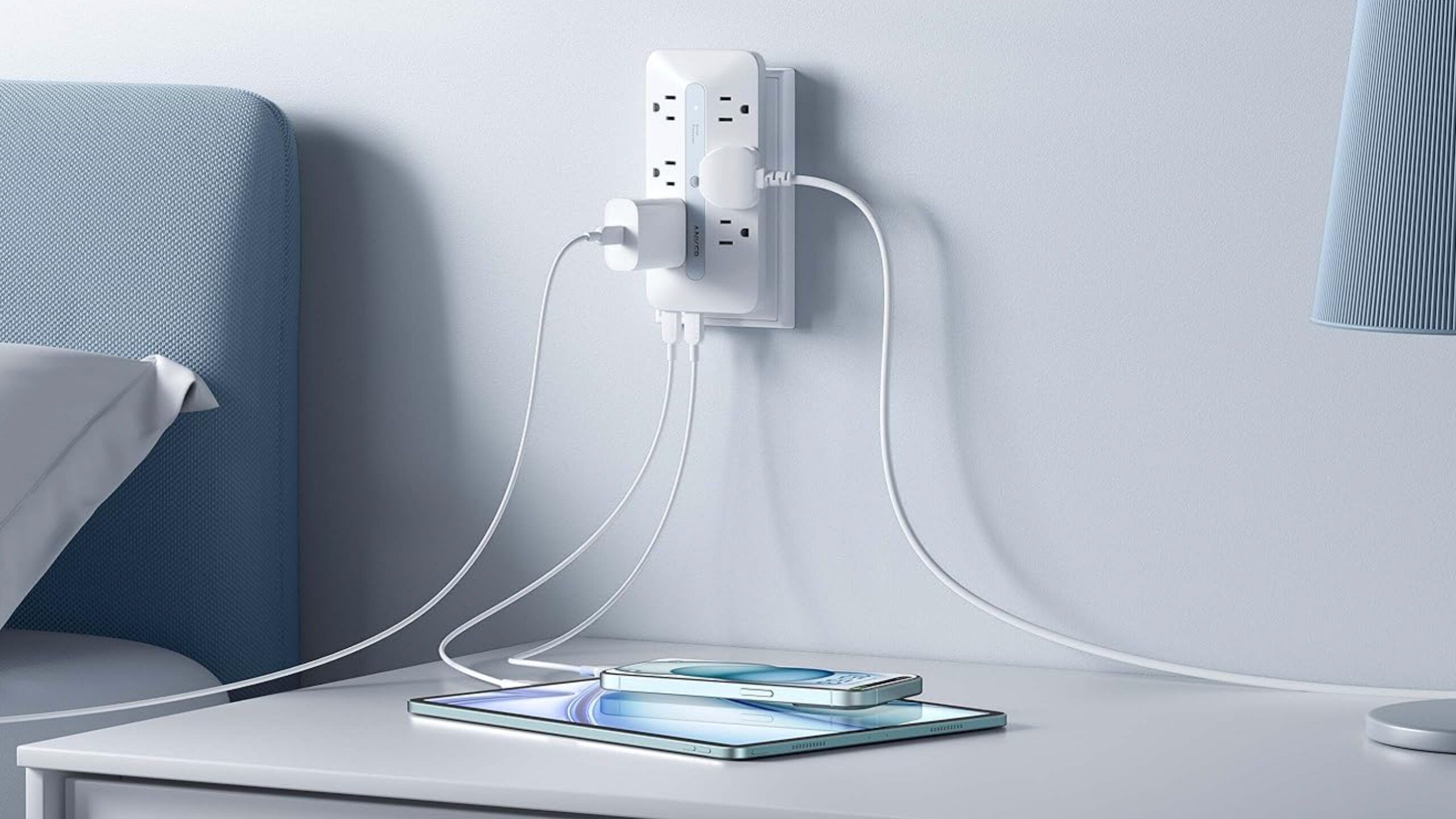Despite our acclimatization to the forward march of technology, many of us remain vaguely creeped out by the concept of humanoid robots.
Sure, it’d be wonderful to have autonomous machines adept at cleaning the house, harvesting and preparing food, running warehouses and performing a host of generally thankless and burdensome jobs. But must they look like us too?
For many startups, the answer to this question is “no.”
While humanoid robots startups like Figure and Apptronik have drawn headlines in recent months for big funding deals and flashy prototypes, an array of companies working on less-anthropomorphic designs have also secured considerable investment. These include four-legged models, AI-enabled appendages and skilled swimmers.
The non-humanoid bot startups getting funded
To illustrate, we used Crunchbase data to assemble a sample list of 26 companies in the non-humanoid robot startup sector that have raised rounds in the past few quarters. It’s a varied lot, with focus areas ranging from farming to pool cleaning to massaging.
Bots around town
The list also features a mix of consumer-facing and industrial use cases, and we figured we’d start by highlighting the first category. It’s not that these bots are necessarily more useful, but rather that being out in public does make it a bit more fun to contemplate.
If recently funded startups have their way, some of the bots we see in action could be taking on more of the everyday drudgery currently shouldered by humans.
Cleaning is one of the big areas. China-based Narwal Robotics, which closed a $100 million Series E in April, makes robot vacuums and mops and touts its “AI adaptive hot water mop washing,” LiDAR navigation and embedded dirt sensor. San Francisco-based The Bot Co., meanwhile, has raised $300 million since last year to iterate its vision of robots for household chores but has not yet released a prototype.
Pool-cleaning, an area already long-dominated by autonomous machines, is also set for an AI era upgrade, with two China-based companies pulling in rounds of $140 million each this year. Xingmai Innovation, which closed its round in September, markets its $3,000 Beatbot model as the “world’s first AI-powered 5-in-1 robotic pool cleaner.” Rival Aiper charges $1,700 for its Scuba Max Pro, which features smart pool mapping and a dedicated app.
And for those who need some pampering after a long day of not cleaning the pool, massage bot startup Aescape offers another spending option. The New York-based company secured $83 million in March to expand its customizable, “fully autonomous, AI-driven massage” offering.
Bots behind the scenes
While we may enjoy gawking at the still-unusual sight of a bot in public making a latte or delivering a restaurant meal, the bulk of funded companies in the non-humanoid bot space are working on models that will do their work behind the scenes.
Surgical robots have long been one of the more heavily funded areas, and this holds true for recent investment as well. The largest fundraiser on our list, U.K.-based CMR Surgical, developer of a soft tissue surgical robot, has secured $1.1 billion in known funding to date, including a $200 million April financing. Israel-based ForSight Robotics, developer of a robotic platform for ophthalmic surgery, is also scaling up, closing a $125 million Series B in June.
On the industrial front, Swiss startup Anybotics has raised more than $150 million to develop a four-legged bot optimized for inspections, capable of climbing stairs and avoiding obstacles.
And Flexiv, which closed a $100 million Series C this summer, is working on appendage-like, AI-enabled robots that can be adapted for multiple industries.
Agtech also emerged as a favored area for investment. Ecorobotix, based in Switzerland, has raised a couple hundred million for precision crop spraying, while Seattle-based Carbon Robotix is working on technology to kill weeds with lasers.
Won’t mistake it for a human
Of all the above-mentioned startups, none appear to be working on anything that could be remotely confused for a human, even from a distance. This seems logical, considering that so many jobs people have historically done don’t seem ideally suited to our particular form.
If all goes well with these non-humanoid robot startups, perhaps it would leave us humans free to spend more time doing the activities that do seem optimally suited to our form. Sitting on the couch would be high on this author’s list, though I’m sure others could find many more productive pursuits.
Related Crunchbase list:
Illustration: Dom Guzman
Stay up to date with recent funding rounds, acquisitions, and more with the
Crunchbase Daily.








